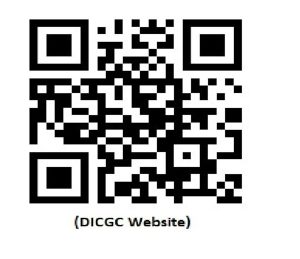Core Banking
A Core Banking System (CBS) is a centralized software solution that allows banks to manage and expedite their most basic and frequent banking procedures. This system is the backbone of a bank’s operations, facilitating a variety of critical services to ensure seamless and effective day-to-day banking operations. A core banking system is the software that supports the majority of a bank’s transactions. The following are the major features and functions of a core banking system:
- Account Management
- Loan Processing
- Interest Calculation
- Customer Relationship Management (CRM)
- Account Maintenance
- Real-time Transactions
- Cash deposit and withdrawal processing
- Payments and checks are processed.
Core banking functions vary according to the type of bank. Retail banking, for example, is aimed toward individual consumers, whereas wholesale banking is business conducted between banks, and securities trading is the buying and selling of stocks, shares, and other securities. Core banking systems are frequently tailored to specific types of banking. Core banking became possible with the advent of computer and telecommunication technology, which enabled information to be swiftly and efficiently transferred across bank branches. Prior to the 1970s, it took at least a day for a transaction to be reflected in the account since each branch had its own servers, and data from each branch’s server was delivered in a batch to the servers in the data center only at the end of the day (EoD). Most banks switched to core banking programs to support their operations during the next 30 years, where CORE Banking may stand for “centralized online real-time exchange.” This meant that all of the bank’s branches would be able to access programs from centralized data centers. As a result, the deposits




 Registered with DICGC
Registered with DICGC


